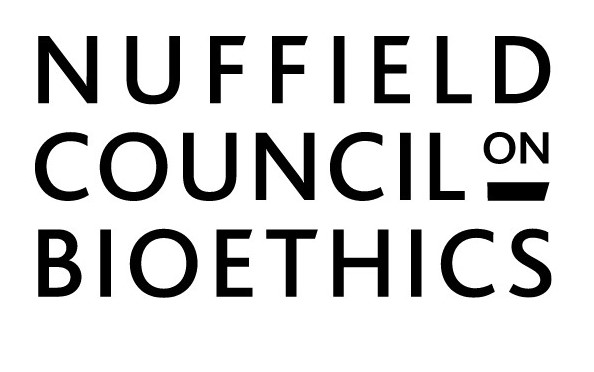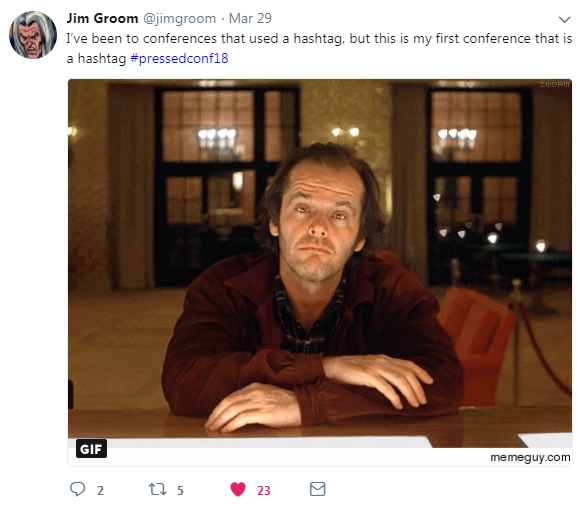BoB (sometimes referred to as “Box of Broadcasts”) and TRILT (the Television and Radio Index for Learning and Teaching) are powerful online repositories relating to broadcast media in the UK. Primarily designed for teaching, TRILT has extensive records about millions of programmes, and BoB provides means to stream more than three million TV and radio recordings.
For a number of years, I have been working with final year undergraduates to explore the potential of BoB and TRILT as tools for academic research, primarily on the representation of different aspects of biomedicine. This led into a PhD position for Holly Large and further refinement of our methodology. That approach is now sufficiently mature that we were invited to produce a “how to” guide, and to present this at a launch event. The guide:

The launch event, organised by Learning on Screen, took place in London on 23rd September. In addition to our presentation (see below), there were also talks by Prof. Kathy Conklin (School of English) and Dr Walter van Heuven (School of Psychology) on the potential use of subtitles and transcripts of television broadcasts to investigate the relationship between language exposure and language processing, and from Dr Giles Bergel from the Visual Geometry Group at the University of Oxford, who considered future uses of visual AI tools combined with BoB.
Following a panel discussion, the event finished with a wine reception.
The slides of our presentation are available here. A video is available via this link and below:
Slides:
Video:
How to Use BOB and TRILT for Research from Learning on Screen on Vimeo.




 On 5th June 2020 I was privileged to be able to listen into the latest in a series of webinars on Covid-19 and ethics organised by the Nuffield Council on Bioethics.
On 5th June 2020 I was privileged to be able to listen into the latest in a series of webinars on Covid-19 and ethics organised by the Nuffield Council on Bioethics. 



